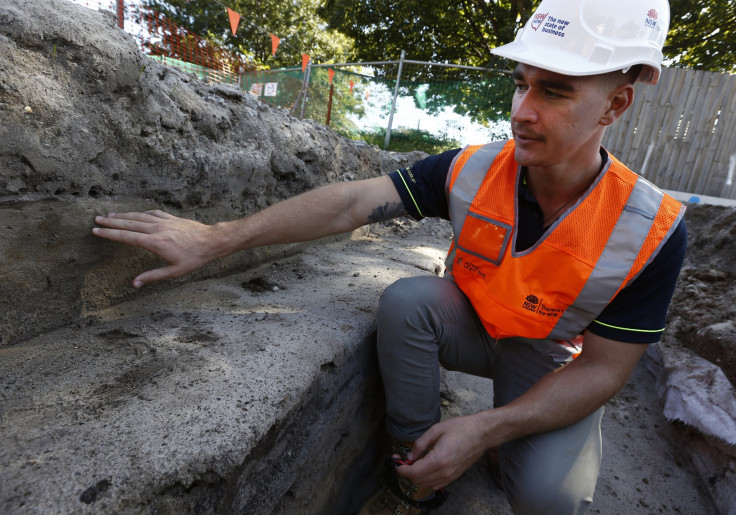Scientists prove Aboriginal people were first Australians via DNA sequencing

In a latest Australian-led study, professor David Lambert from Griffith University and his colleagues used new DNA sequencing methods to look at ancient bones at Lake Mungo. They confirmed that Aboriginal Australians were the continent’s first people. Their study refuted claims by an earlier 2001 study that human remains at Lake Mungo in New South Wales had unusual DNA. Lambert’s study has shown that the DNA of the remains was contaminated.
“The sample from Mungo Man which we retested contained sequences from five different European people, suggesting that these all represent contamination,” Lambert told the ABC.
After reanalysing the oldest human skeleton of the Mungo Man, the researchers confirmed that the Mungo Man’s DNA was not from a different lineage of modern humans that occupied the continent before Aboriginal Australians. The earlier claim was based on mitochondrial DNA extracted from the 40,000-year-old fossilised remains by a team lead by Australian National University's Dr. Greg Adcock.
The study, published in the journal PNAS, revealed that the Mungo Man and other remains (about 20 specimens from Willandra) analysed in the region had no recoverable DNA. The researchers were able to recover for the first time a complete mitochondrial genome from an ancient Aboriginal person. The genome belonged to another buried close to the Mungo Man. The latest DNA technology used by Lambert amplified the entire DNA in the sample.
“We could not, with better technology, repeat what the original study found and therefore the evidence that Aboriginal people were not the first Australians has no foundation ... The advantage of this technology — we can identify the human sequences in there, the viral sequences, and the bacterial sequences and get a better idea if there really is endogenous DNA left in that bone,” Lambert added.
Ancient DNA expert professor Alan Cooper, at the University of Adelaide, welcomed the study, but said he was not surprised by the findings.





















